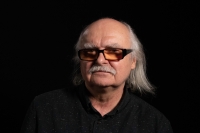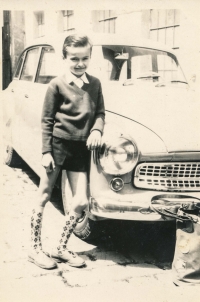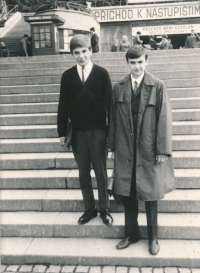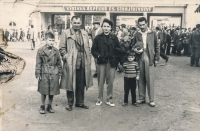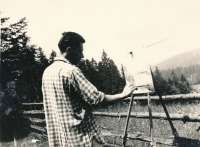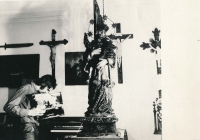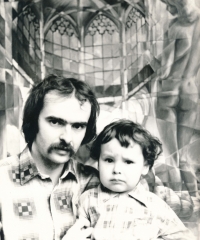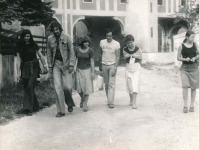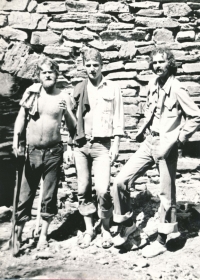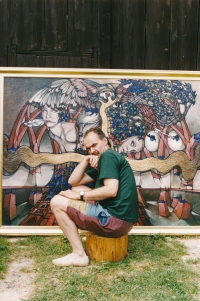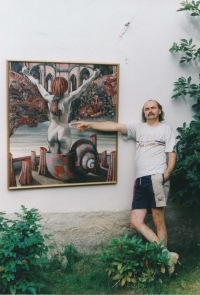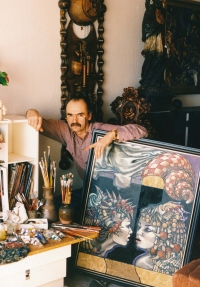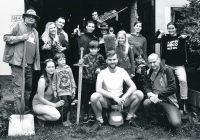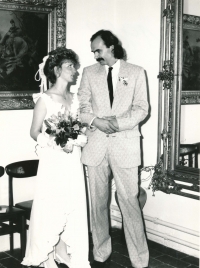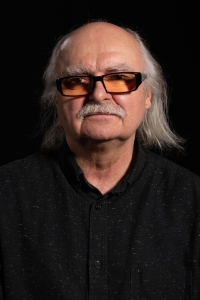I would never emigrate in my life
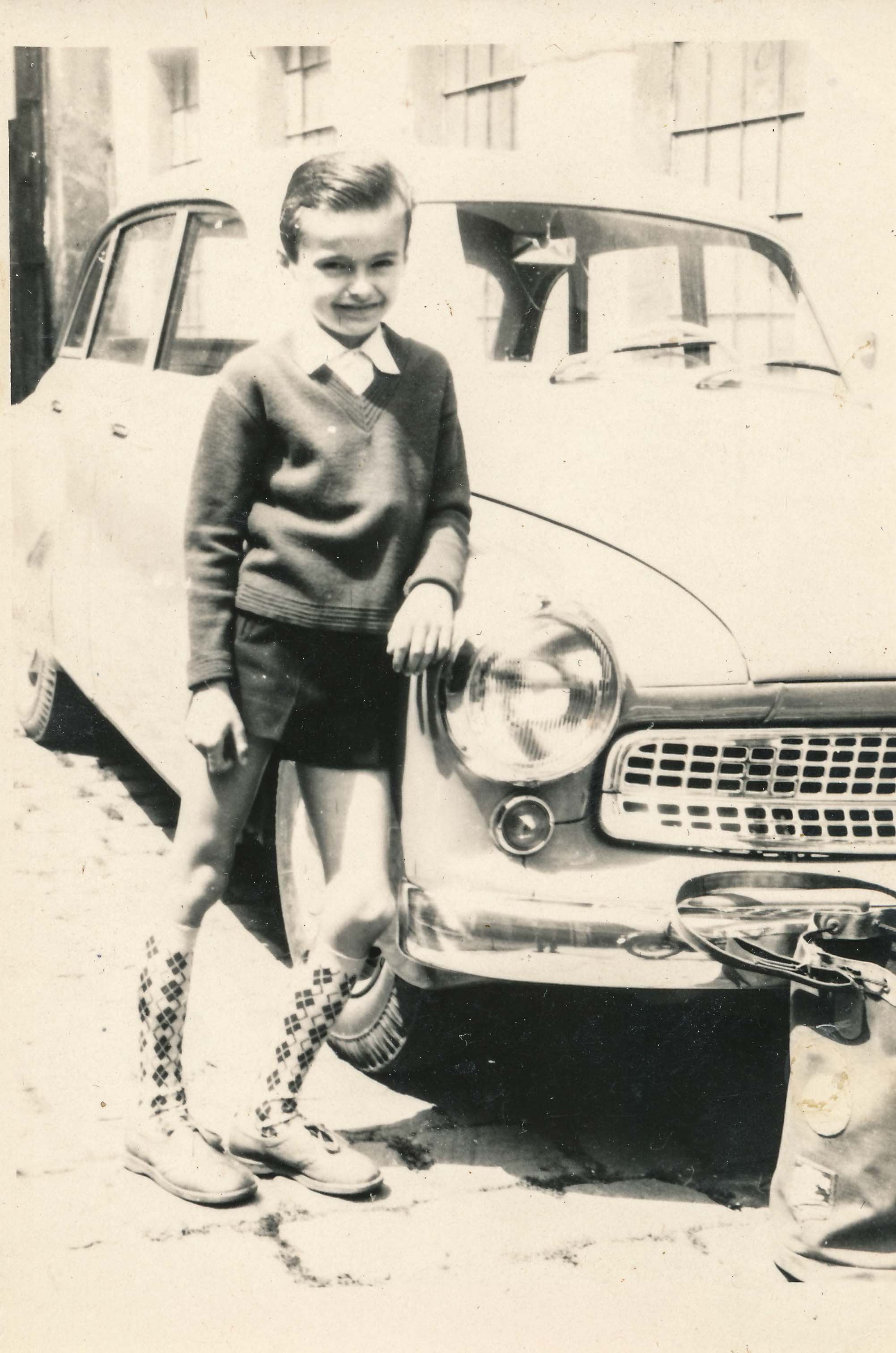
Stáhnout obrázek
Josef Achrer was born as an only child on October 31, 1951 in Vyškov. His father was a trained goldsmith and watchmaker and also a passionate amateur painter. His mother had an economic education. From a young age, Josef enjoyed drawing and painting. It was a natural escape from the gray reality for him. He got to the Secondary School of Applied Arts in Brno, where he also experienced the Warsaw Pact invasion in 1968. In 1969, his father left the Communist Party and his uncle George emigrated to Canada. Logically, a very dark and difficult period began for the family. For these reasons, Josef Achrer was not accepted to the Prague Academy of Fine Arts or the Academy of Arts, Architecture and Design in Prague. Fortunately, he got to see Zdeněk Sklenář and he then attended his private painting lessons for two years. In 1974 he joined the national company Výstavnictví, where he was employed as a painter of film posters and so-called awnings. He worked on his paintings at night and hoped that one day he would be able to devote himself to it to the fullest. At that time, he got married for the first time and he and his then wife Alena have two sons, Jakub and Josef, who is also a successful painter. After the divorce, he met his second wife, Lucia, with whom he has a daughter, Nela. In the summer of 1989, he and his friends went to Berlin to help tear down the Berlin Wall and became fully aware that communist totalitarianism was coming to an end. After the revolution, he left the national company Výstavnictví and finally began the period for which he had been looking forward to his entire life. In 1994 he had his first exhibition in Copenhagen, Denmark. In 2021 he still actively painted and held exhibitions. He has sold around 500 paintings worldwide. He is a patriot of Žižkov, where he also lives with his third wife Kateřina.
